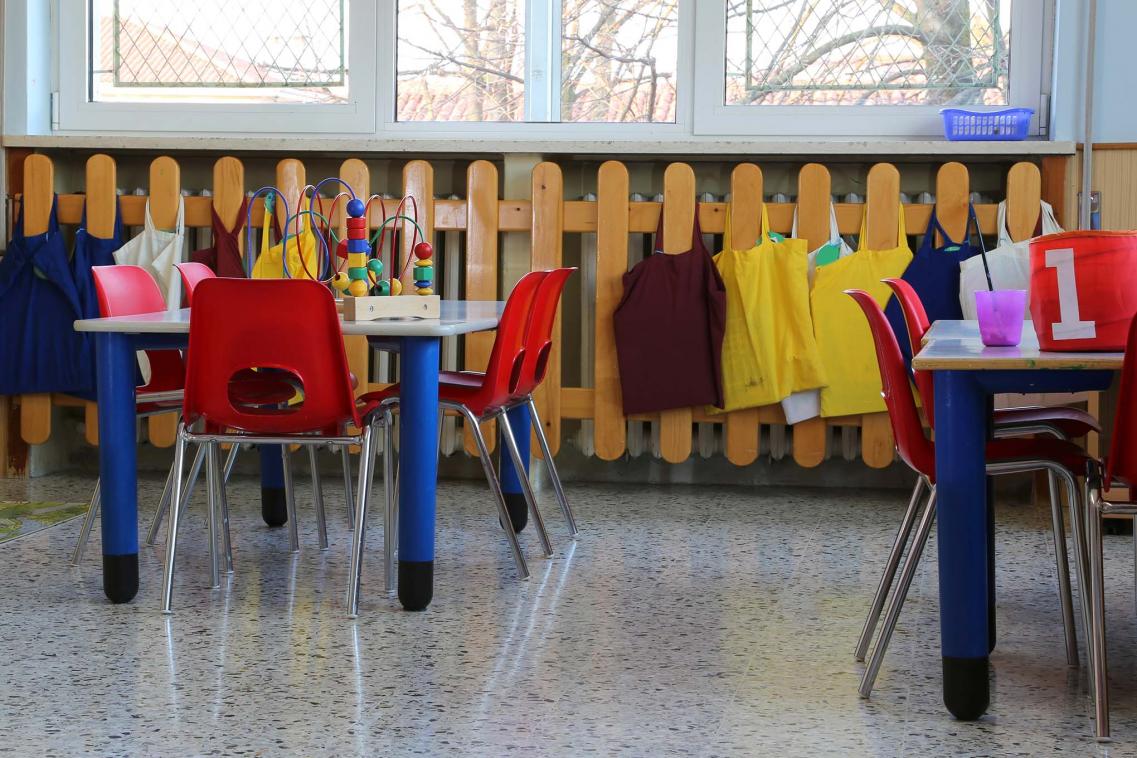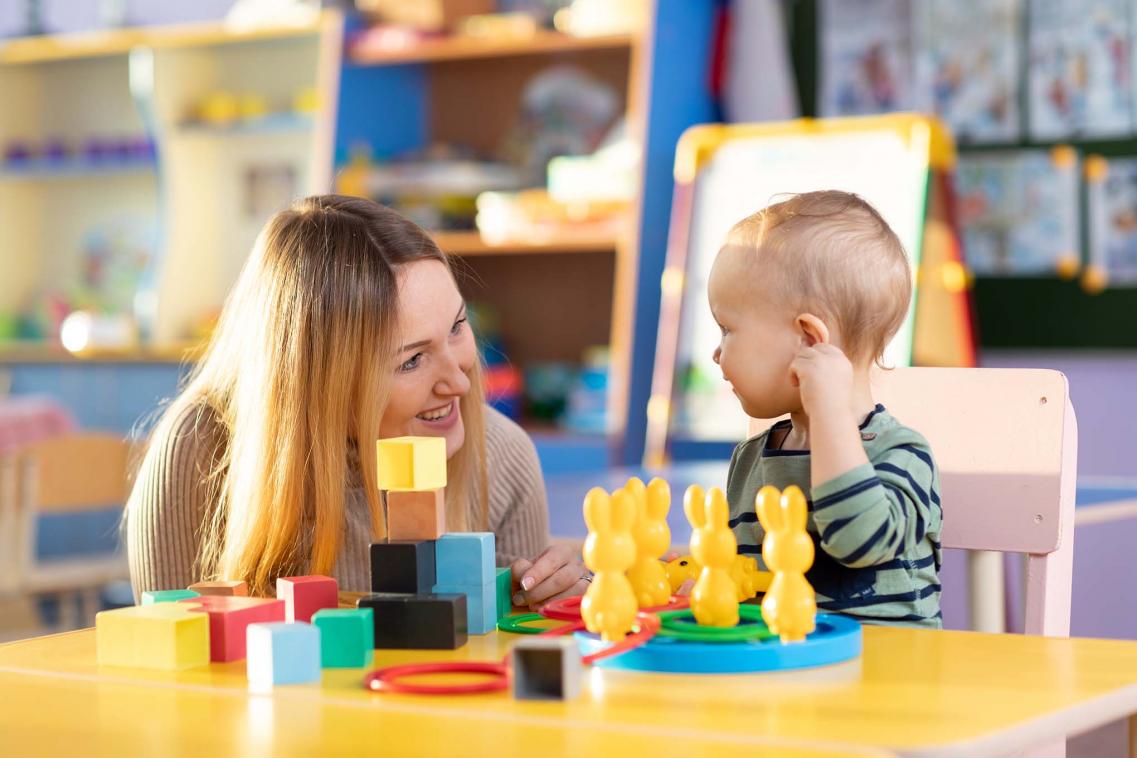Report
From lagging well behind most European countries in the early 1990s, the UK is now one of the highest spenders on the under-5s in Europe (OECD, 2014). One of the biggest programmes for this age group is Sure Start. It offers families with children under the age of 5 a ‘one-stop shop’ for childcare and early education, health services, parenting support, and employment advice, with the aim of improving children’s school readiness, health, and social and emotional development.








































